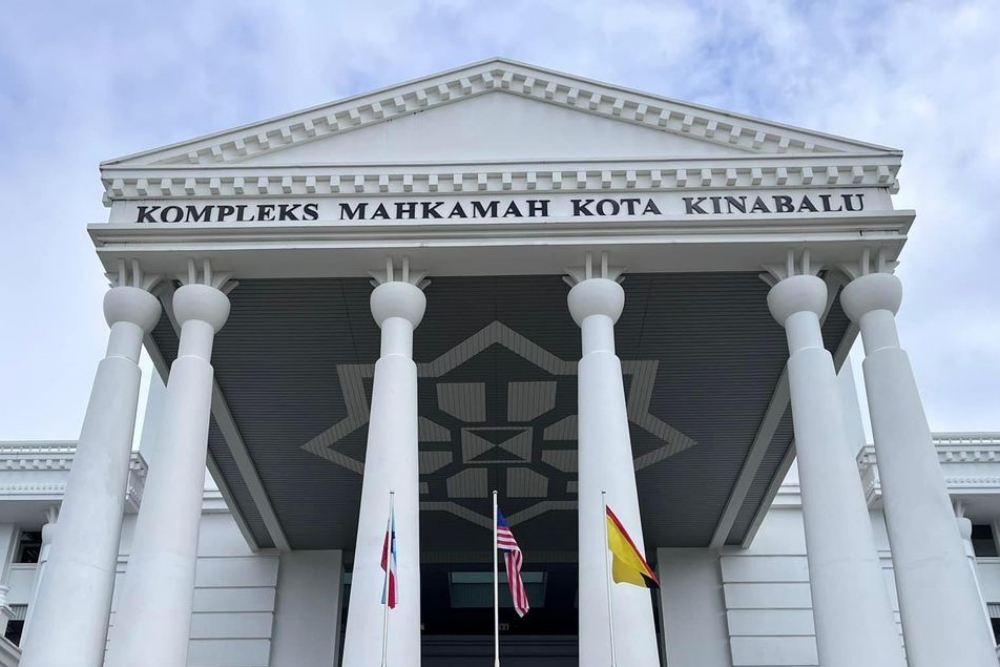ADVERTISE HERE
KUCHING: Premier Datuk Patinggi Tan Sri Abang Johari Tun Openg has agreed to contribute RM13 million to fund the activities of the Kelab Pencinta Alam Sekitar (PALS), which aims to be established in all primary and secondary schools throughout Sarawak from 2025 to 2030.
He said that for starters, RM1.5 million will be allocated to the Natural Resources and Environment Board (NREB) next year to realise the club’s establishment target.
“Hopefully, we can establish this club in all schools and eventually produce a younger generation that can influence the older generation to care for the environment,” he said.
He said in his speech during the state-level National Environment Day (HASN) celebration at Majma Event and Convention Centre here on Wednesday.
Earlier, NREB controller Datuk Jack Liam said that the board aims to establish PALS Clubs in all primary and secondary schools across Sarawak by 2030.
He said that in order to achieve the target, NREB aims to establish 700 PALS Clubs by 2025, 900 by 2026, 1,100 by 2027, 1,300 by 2028, 1,400 by 2029, and 1,461 by 2030.
“In order to conduct activities and programmes, NREB plans to allocate RM2,000 for each PALS Club annually,” he said.
Jack said NREB would need RM1.4 million in 2025, RM1.8 million in 2026, RM2.2 million in 2027, RM2.6 million in 2028, RM2.8 million in 2029, and RM2.922 million in 2030.
“Overall, the total allocation required from 2025 to 2030 (six years) is RM13.722 million, which will benefit an estimated 187,685 students,” he said.
He welcomed contributions from corporate bodies to support PALS Clubs financially and adopt the clubs in various schools in the long term to ensure they remain active and achieve the objective of creating an environmentally responsible generation.
He added that currently, 484 PALS Clubs have been established out of 1,461 schools across Sarawak.
Among the activities carried out are 3R (Reduce, Reuse, and Recycle) such as Recycling Day (collection and sale); establishing nurseries; Tree Planting Programmes; River Clean-up Programmes, and others with the aim of fostering comprehensive awareness and appreciation for the environment in future generations.








 English (US) ·
English (US) ·